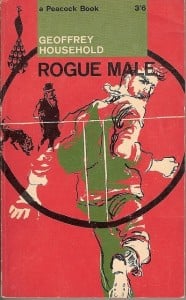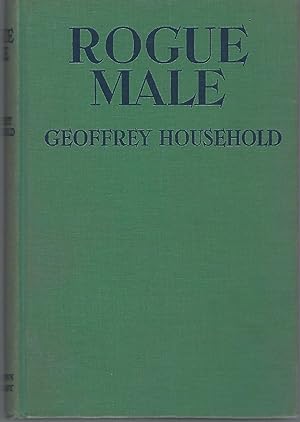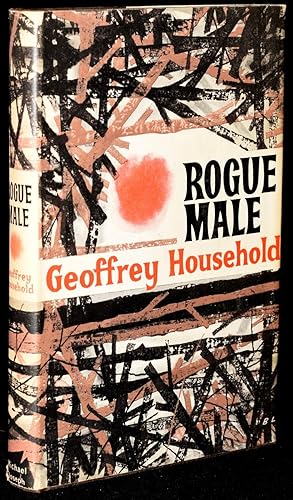
When they finally decide that he acted on his own, they throw him off a cliff, hoping to make his death look like an accident while at the same time accounting for the serious damage that their torture inflicted on his body. They torture him in an effort to learn if he works for the British government. He focuses his telescopic sight on his quarry, pauses to correct his aim, and at that moment is discovered by the dictator’s security team. The hunter (who is also not named) establishes a sniper’s position on a ridge above the dictator’s country estate. With war looming in the late 1930s, a British big-game hunter makes his way across Europe, stalking an unnamed dictator, who is almost certainly Hitler. The pace of Rogue Male is stunning, as is its premise, which made Household famous among thriller writers. Until then, my attempts at thrillers had felt scholarly and academic, but the visceral elements of Rogue Male woke me to the power that could be achieved in the high-action genre.

Not knowing anything about Household (graduate school sheltered me from popular fiction), I borrowed Rogue Male from the library, finished it in one night, and eagerly set out to read everything else Household had written. In the summer of 1968, while studying American literature at Penn State, I wrote a hunter-hunted short story that would soon morph into First Blood, and when I showed it to my writing instructor, Philip Klass, he said the outdoor scenes reminded him somewhat of Geoffrey Household’s work.

A prolific author of thrillers that draw on his global experiences, Household is at his best in Rogue Male (filmed by Fritz Lang as Man Hunt), Watcher in the Shadows, The Courtesy of Death, and Dance of the Dwarfs, as well as the frequently anthologized short story, “Taboo.” In his obituary, The New York Times praised him for developing suspense into an art form.įew authors influenced me more than Geoffrey Household.


As he remarked in his autobiography Against the Wind, he couldn’t recall an occasion when, if asked to go somewhere, he did not accept. An Oxford graduate with a degree in English literature, Geoffrey Household (1900-1988) rebelled from what seemed an inevitable career as an international banker and instead led an adventurous life that took him from England to Rumania, Spain, Latin America, the United States, and the Middle East, where he worked for British military intelligence during World War II.


 0 kommentar(er)
0 kommentar(er)
